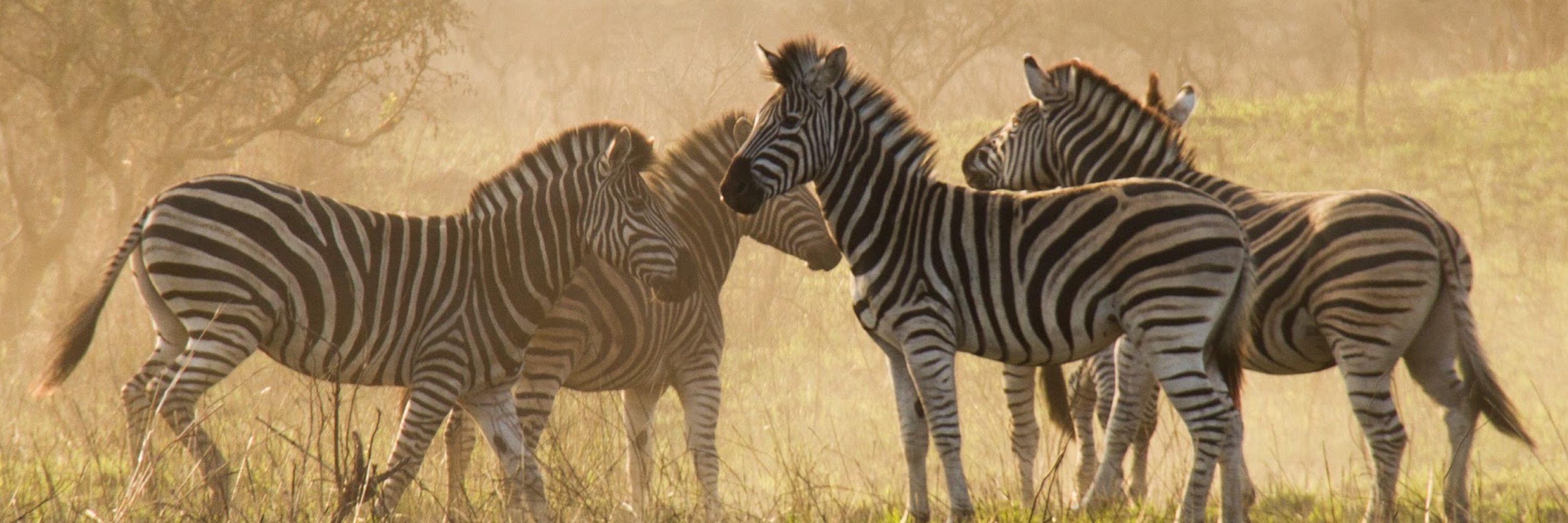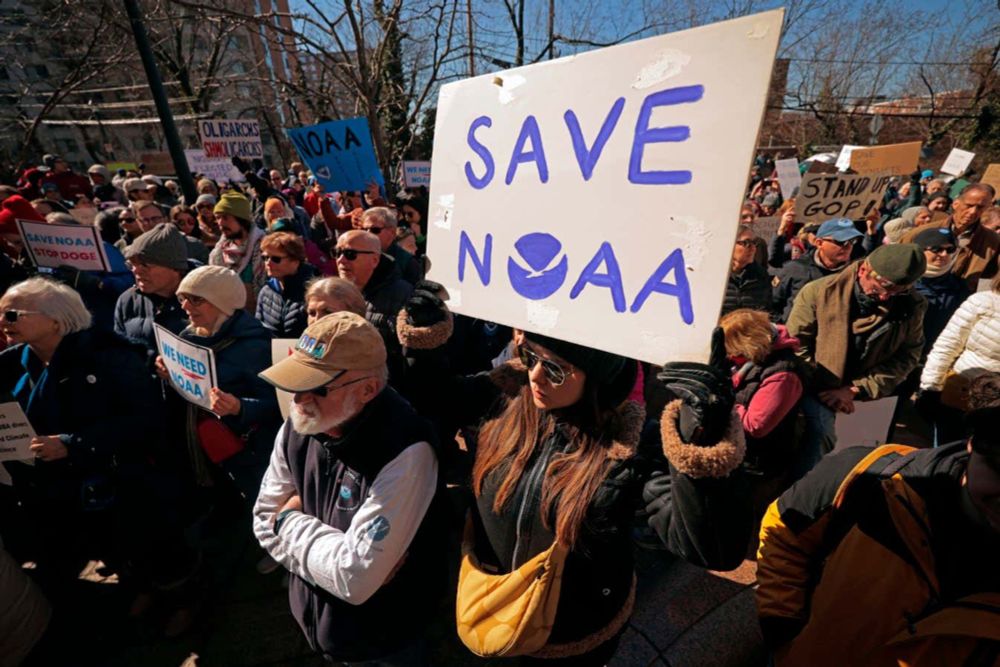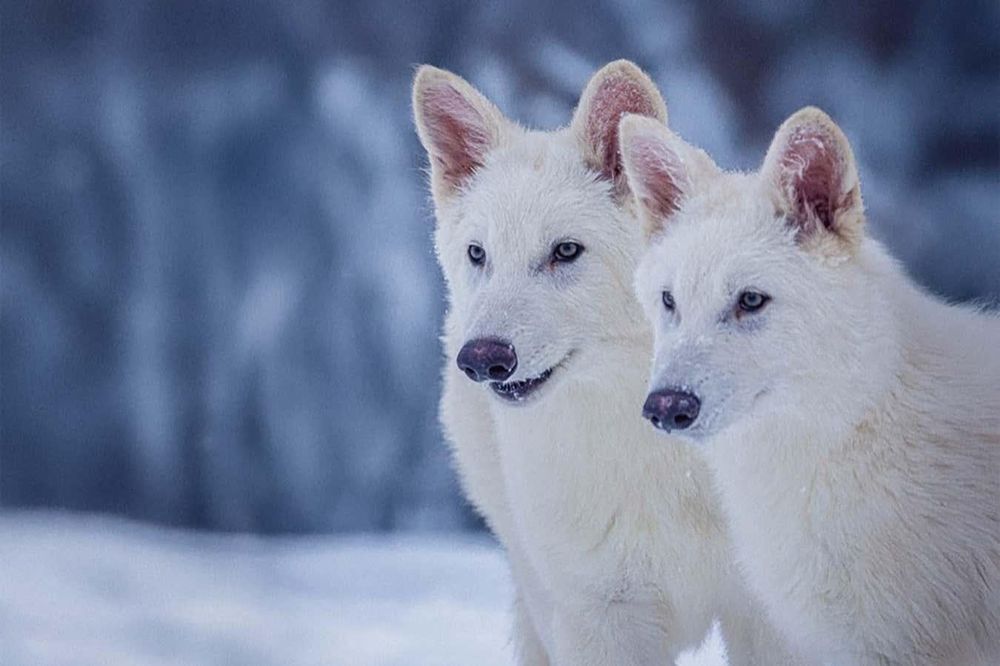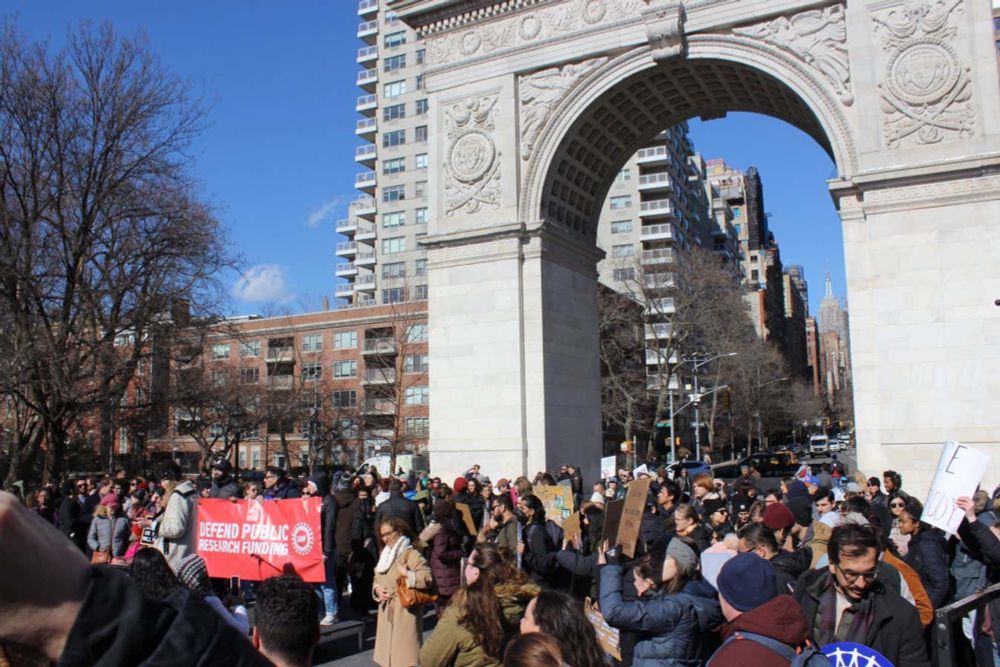
Science journalist
(she/her) 🐍🐞🦁👩🏼💻
*as long as you do it very, very quickly.
www.newscientist.com/article/2489...

*as long as you do it very, very quickly.
www.newscientist.com/article/2489...

This specific system has been undergoing testing by the Department of Homeland Security. 🧪
www.newscientist.com/article/2479...

This specific system has been undergoing testing by the Department of Homeland Security. 🧪
www.newscientist.com/article/2479...
www.newscientist.com/article/2477... @jeremyhsu.bsky.social

www.newscientist.com/article/2477... @jeremyhsu.bsky.social

Second, it will also help pave the way for more CRISPR 🧬 treatments
Comment from @statto.bsky.social
www.newscientist.com/article/2476...

Second, it will also help pave the way for more CRISPR 🧬 treatments
Comment from @statto.bsky.social
www.newscientist.com/article/2476...


www.newscientist.com/article/2475...

www.newscientist.com/article/2475...


But the technology is not limited to vaccines, as vital as they are. There's so much more that could be done with it
www.newscientist.com/article/2473...

But the technology is not limited to vaccines, as vital as they are. There's so much more that could be done with it
www.newscientist.com/article/2473...
www.newscientist.com/article/2473...

www.newscientist.com/article/2473...
Could be extremely bad news for the penguins 🐧 that breed in the Antarctic 1/2
www.newscientist.com/article/2471...

Could be extremely bad news for the penguins 🐧 that breed in the Antarctic 1/2
www.newscientist.com/article/2471...


www.newscientist.com/article/2463... by @jamesdinneen.bsky.social

www.newscientist.com/article/2463... by @jamesdinneen.bsky.social

www.newscientist.com/article/mg26...

www.newscientist.com/article/mg26...
www.newscientist.com/article/mg26...

www.newscientist.com/article/mg26...


